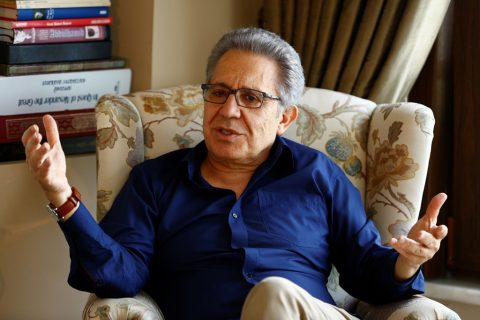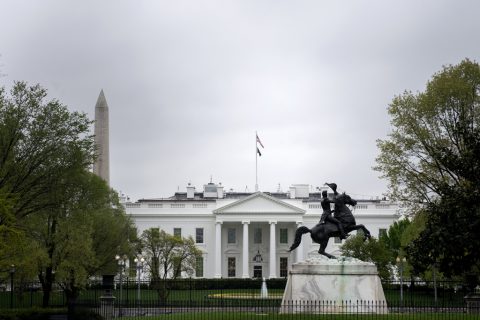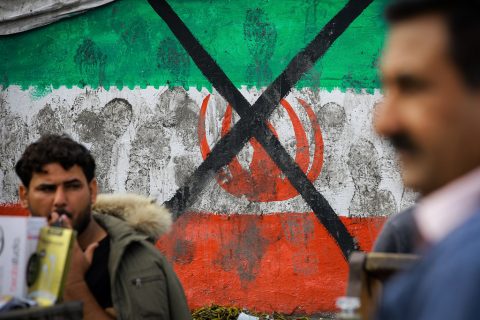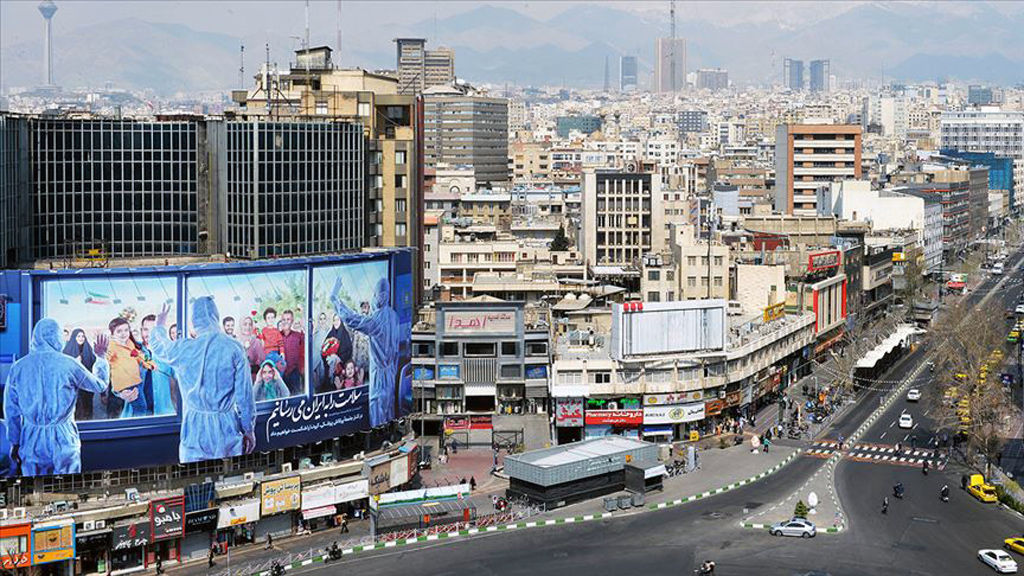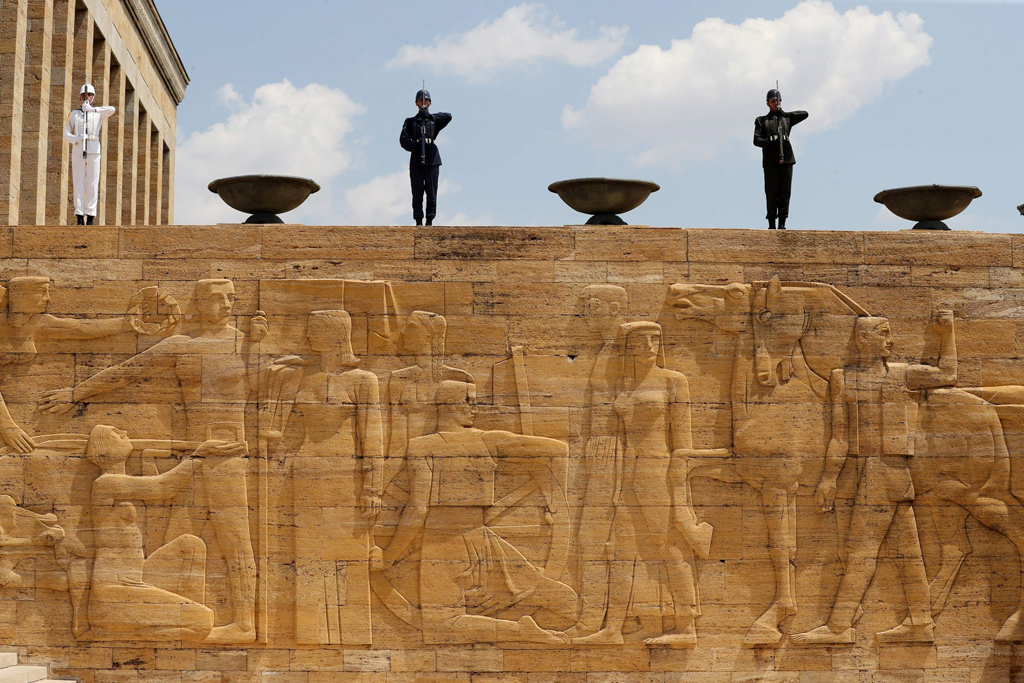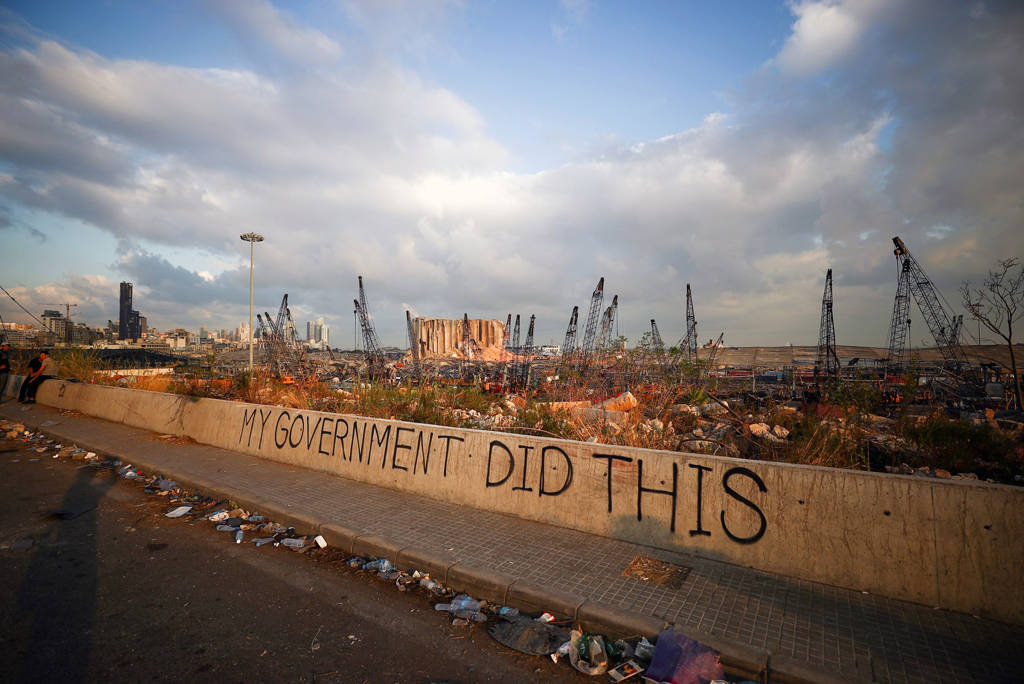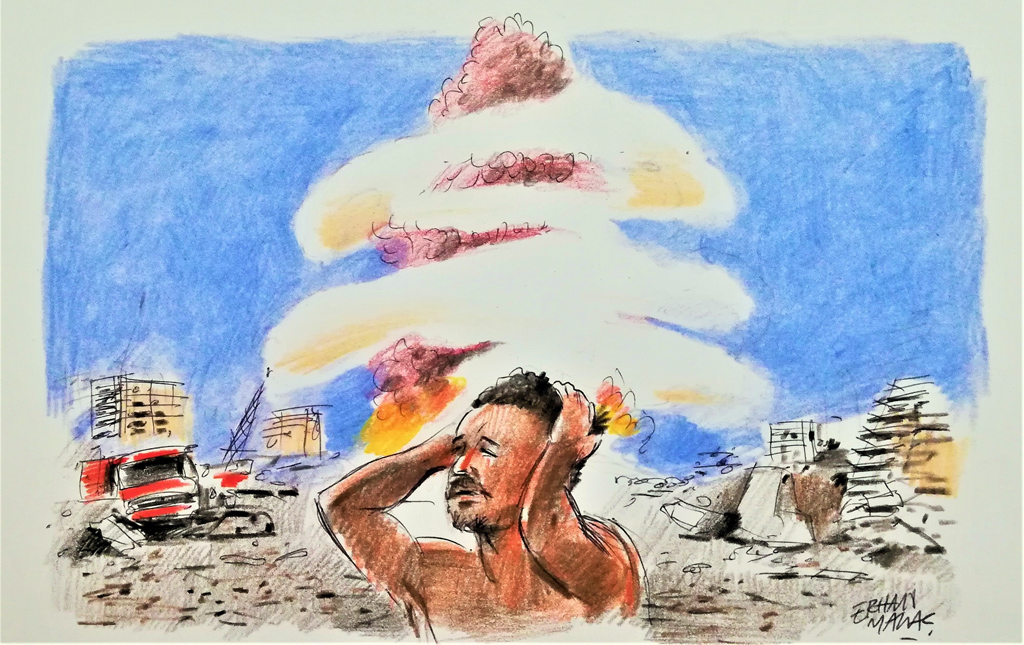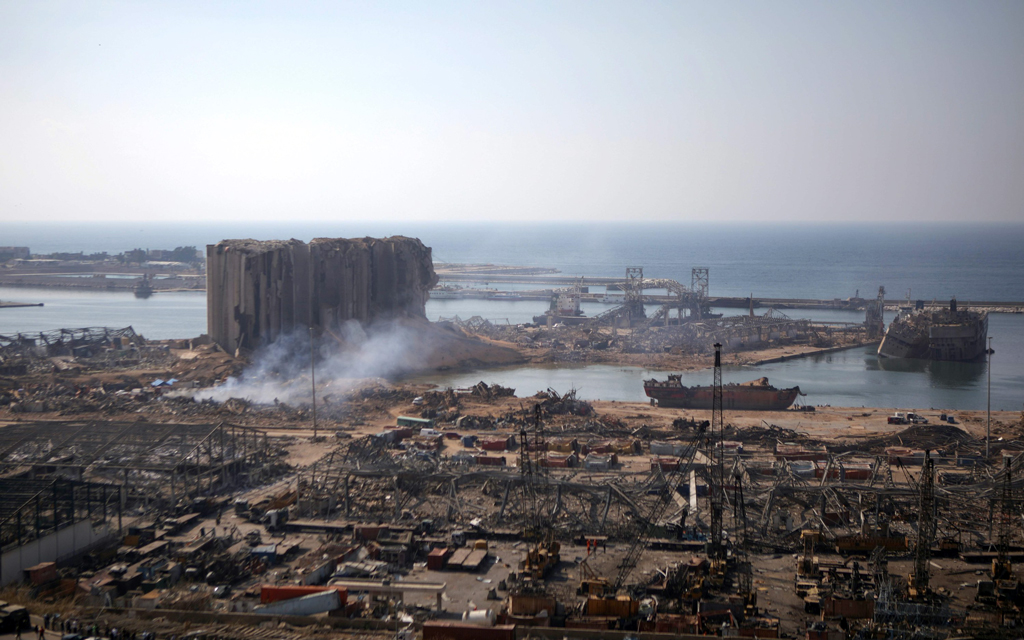Sunni
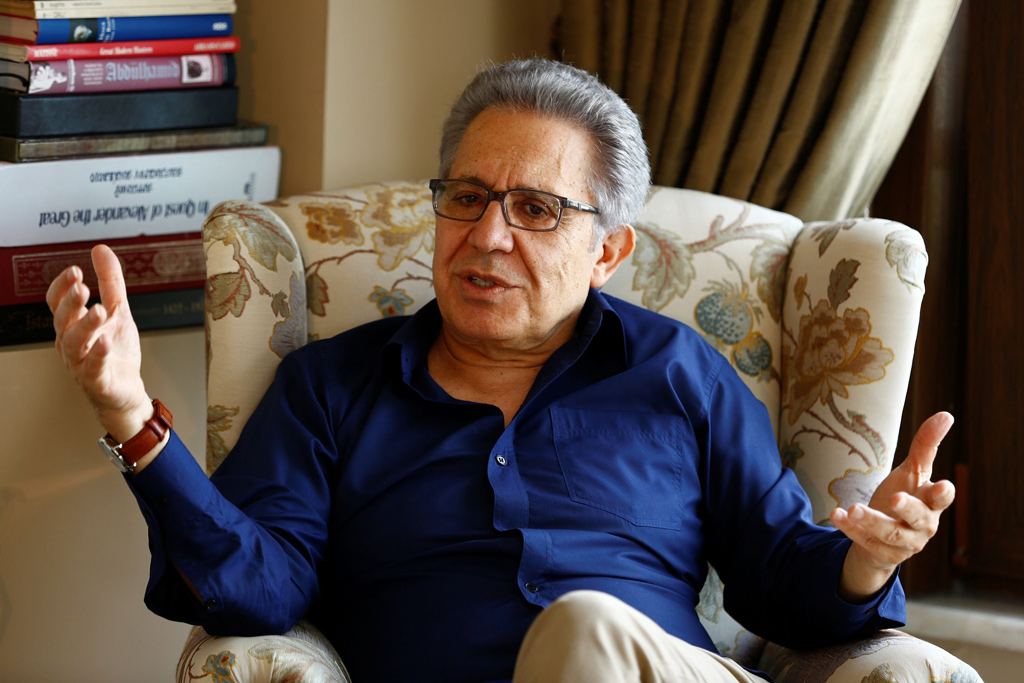
CHP’s tough reality in Turkey
| OpinionTurkey’s main opposition Republican People’s Party (CHP) Chairman Kemal Kılıçdaroğlu fuels his effort to unite …
-
Opinion
CHP’s tough reality in Turkey
By Burhanettin DuranZülfü Livaneli, a leftist intellectual, recently revealed the dilemmas of the Turkish 'left' and claimed that the CHP is not actually a leftist party. It is a mystery why the debate over the former leader of the main opposition did not come to the current party chairperson
-
Opinion
How prepared is US to disengage from MENA region?
By Talha KöseWashington's gradual disengagement strategy from the Middle East and North Africa (MENA) region has taken a new shape as news continues to arrive from Vienna on the renewed talks related to Iran's nuclear file.
-
Opinion
Turkey-Iran relations and their presence in Iraq
By Muhittin AtamanIranian foreign policy orientation is defined by three complementary contexts, namely national, Shiite and Islamic. Naturally, as a nation-state, the national level thinking determines the main orientation However, the sectarian context has been competing with the national one as the dominant political discourse in Iranian foreign policy orientation.
Bu Konuda Daha Fazla
-
Iran’s inaction and reaction
By Muhittin AtamanSince the early years of the revolution, Iran has generally followed an inactive policy regarding the West, but one of reaction toward the Muslim world.
-
Atatürk debate in CHP cadres
By Burhanettin DuranTurkey’s main opposition, the Republican People’s Party (CHP), has become embroiled in internal strife over the distinction between 'Mustafa Kemal' and 'Atatürk', in reference to the founder and first president of the Republic of Turkey, Mustafa Kemal Atatürk.
-
National and regional implications of Beirut blast
By Muhittin AtamanLebanon is an artificial nation created by French imperialists in the 19th century. The politics of the country is constitutionally divided between different religions and sects. There are no official records of Lebanon's population at the time of its founding. It was originally designed to be a Maronite Christian country. Since then, however, it is evident that the number of Muslims has increased much more than the Christians, most of whom migrated to the West and Latin America. In addition, about 2 million people left the country between 1975 and 2005 during its civil war. Furthermore, the birth rate of Muslims is higher than that of the Christian groups.
-
Beirut blast and the fate of the Middle East
By Burhanettin DuranAll eyes turned to Lebanon after Tuesday’s horrible explosion in Beirut. According to the Lebanese health minister, at least 154 people died in the accident and over 5,000 others survived with injuries. An estimated 200,000 to 300,000 citizens have been left homeless. Lebanon, where protests broke out in October over economic hardships, suffered a financial loss of between $10 billion and $15 billion from the explosion.
-
Sources of Lebanon’s perennial political crises
By Talha KöseMost analysts call the explosion at the Port of Beirut Lebanon’s Chernobyl. It is the moment of truth that put the last nail in the coffin of the nation’s rotten and dysfunctional political system.
